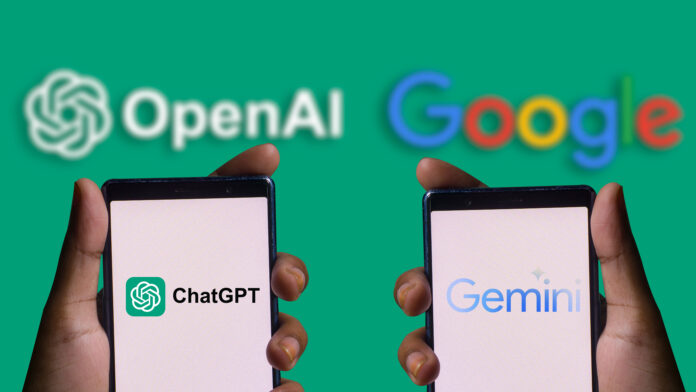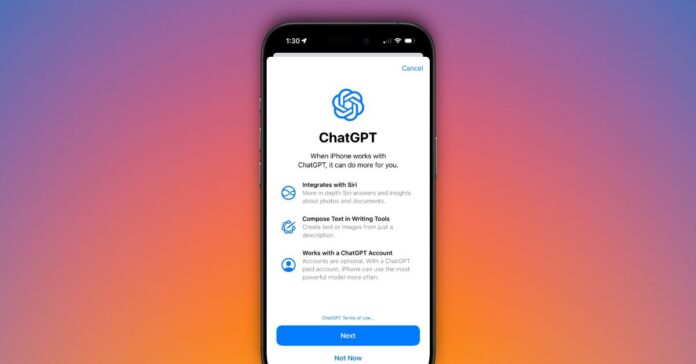Google’s Gemini AI assistant introduces a memory feature, starting with the Gemini 2.5 Pro version, allowing it to remember past chats to enhance personalization. Users can choose to opt out if they prefer not to have their conversations stored. The memory feature enables Gemini to recall preferences like party themes and email styles effortlessly. In contrast, the new “Temporary Chat” mode offers an incognito option for one-off discussions, ensuring conversations aren’t saved or used for training purposes. This mode retains chats for 72 hours before deletion. Gemini also integrates seamlessly with Gmail, Calendar, and Google Docs, enhancing its functionality. Users can easily manage their privacy settings in the app. Google aims to create a more intimate, long-term interaction with Gemini, fostering a bond rather than a mere tool-like experience. As AI memory features evolve, users must weigh the benefits of personalization against their data privacy concerns.
Source link
Gemini’s Memory Awakens: Choose What It Remembers
Unlock Savings on Your Next Vacation with Google’s AI-Powered Flight Deals
Google is enhancing its Flights service by introducing AI-powered cost-saving features aimed at flexible travelers. The new tool, called Flights Deals, allows users to plan trips without strict dates or destinations, utilizing a Gemini-powered search that mimics conversational input. For instance, users can request “a week-long trip this winter to a city with great food.”
This feature is designed for those willing to forego specifics in their travel plans. It’s essential to note that Flights Deals is separate from the standard Flights app, which remains unchanged. The beta launch is set for users in the US, Canada, and India within the upcoming week. Additionally, Google is upgrading its travel search, allowing customers to exclude basic economy fares when booking flights across North America. Despite the new capabilities, Flights Deals may not be suitable for travelers with fixed itineraries but opens new avenues for budget-conscious explorers.
Zifo Unveils AI-Powered Antibody Engineering App on Snowflake Marketplace to Propel Biologics and Drug Discovery Forward
Zifo Technologies has launched its AI-Powered Antibody Engineering application, a cloud-native solution on the Snowflake Data Cloud designed to enhance antibody development for biopharma companies and research institutions. This innovative platform streamlines therapeutic antibody design, potentially reducing drug discovery timelines and costs without transferring sensitive data outside Snowflake.
The application incorporates advanced AI in an intuitive, no-code interface, facilitating the entire process from generating novel antibody sequences to predicting 3D structures. It leverages powerful protein models like ProtGPT2 and ESM2, enabling scientists to fine-tune these models using proprietary datasets securely.
Zifo’s partnership with Snowflake enhances compliance and security while democratizing access to complex AI tools, making it easier for R&D teams, CDMOs, and academic institutions to innovate. Furthermore, the app supports clinical and preclinical development by validating AI-generated antibodies, thus accelerating lead selection.
For more details, visit Zifo at zifornd.com.
Source link
Zifo Unveils AI-Driven Antibody Engineering Application on Snowflake Marketplace for Enhanced Biologics and Drug Discovery
Zifo Technologies has launched an innovative AI-powered Antibody Engineering app on the Snowflake Marketplace, revolutionizing therapeutic antibody design for biopharma companies and research institutions. This cloud-native GenAI platform, built on the Snowflake Data Cloud, enhances the drug discovery process by enabling faster development and optimization of antibodies while maintaining the security of sensitive data. The app integrates advanced AI models like ProtGPT2, ESM, and RoBERTa into a streamlined workflow, allowing users to fine-tune these models on proprietary datasets for generating novel antibody sequences and predicting their 3D structures.
Chris McClure, Head of Solution Services for Zifo in North America, emphasizes that this app serves as a strategic partner in modern drug discovery. By offering high-performance capabilities for handling large datasets, Zifo’s Antibody Engineering app aims to improve the hit rate for high-affinity therapeutic antibodies, addressing critical challenges in traditional drug development. Discover more at Zifo Technologies.
Google Enhances AI Solutions to Combat Invalid Ad Traffic
Google has expanded its AI capabilities to effectively combat invalid ad traffic (IVT), helping advertisers preserve budgets and rebuild trust. The company enhanced its use of large language models to analyze ad placements and detect suspicious user interactions, achieving a notable 40% reduction in IVT linked to deceptive practices. This move addresses significant challenges posed by IVT, which wastes advertising budgets when bots generate clicks instead of genuine interactions, undermining the accuracy of campaign performance data and trust in digital advertising platforms. As Google prepares for broader AI ad releases, addressing IVT not only supports advertisers but also strengthens Google’s market position amid rising competition and regulatory scrutiny. By implementing stronger IVT safeguards, Google aims to transform its reputation from merely a dominant player to a benchmark for trust and quality in advertising. This strategic shift may reshape industry standards for anti-fraud measures, enhancing Google’s credibility in the evolving AI advertising landscape.
Source link
5 Essential AI Tools for Student Success in 2025 — The Honest Way
AI is revolutionizing education by personalizing and enhancing the learning experience. Innovative tools are now available to help students study more efficiently while maintaining academic integrity. Among these, ChatGPT’s Study Mode acts as a personalized tutor, generating quizzes and flashcards tailored to individual learning needs. Google’s NotebookLM allows students to upload documents and create FAQs or summaries, transforming study materials into podcasts for on-the-go learning. Canva Pro with Veo 3 empowers students to effortlessly design visuals for presentations, making group projects easier. Grammarly has evolved beyond spell-checking, offering contextual writing insights and plagiarism checks, ensuring quality academic writing. Lastly, Otter.ai records and transcribes lectures in real-time, aiding comprehension and note-taking. These AI tools serve as supportive educational partners, helping students build effective study habits while avoiding shortcuts that compromise learning. Embracing AI wisely is essential for a productive, integrity-driven academic journey.
Is This OpenAI’s Turning Point? Insights from Marcus on AI
For years, OpenAI has dominated headlines with significant hype around its AI advancements, particularly GPT-3 and ChatGPT. Despite predictions of transformative impacts on science, medicine, and productivity, many claims have not materialized. Critics, including Gary Marcus, labeled LLMs like ChatGPT as “authoritative bullshit” and warned against unrealistic expectations for GPT-4 and upcoming models. Recently, the narrative has shifted post-GPT-5’s release, revealing significant limitations and leading to a chorus of support for Marcus’s views, including endorsements from major publications and academics. The media now acknowledges that scaling alone won’t yield AGI, as skepticism grows around Sam Altman’s promises. This shift raises vital questions about the future of AI, the credibility of OpenAI, and the potential for a new AI winter. The moral underscores the importance of truth in science, with hopes that new, trustworthy advancements will emerge as the AI landscape evolves.
Source link
ChatGPT Now Offers Gemini’s Top Free Feature—But It Comes with a $200 Monthly Price Tag
OpenAI has begun integrating Gmail, Google Calendar, and Google Contacts with ChatGPT for Pro and Plus users. However, while as a ChatGPT Plus subscriber, I anticipated seamless access to my Gmail inbox, I discovered that only Pro users enjoy the Gmail search feature. The Pro subscription costs $200 monthly, starkly contrasted by my $20 Plus plan. Competing with Google’s Gemini, which offers superior search capabilities, I question the rationale behind this paywall. Gemini excels at retrieving emails based on vague queries, whereas ChatGPT Plus users can employ the Deep Research tool for Gmail searches—though it’s slow and impractical for straightforward tasks. This tool requires several steps and can take minutes to yield results, making it far less efficient than Gmail’s standard search or Google Gemini. Overall, the integration feels limited, especially for those without a Pro subscription, highlighting a missed opportunity for enhanced functionality.
Source link
When Apple’s Intelligence Will Integrate GPT-5 into ChatGPT
OpenAI recently unveiled GPT-5, enhancing the capabilities of ChatGPT, which will soon integrate with Apple Intelligence. This optional feature allows Siri to access ChatGPT for helpful responses, enables writing tools to generate text or images from descriptions, and leverages visual intelligence for real-time insights on objects and places. Initially set to utilize the GPT-4o model in iOS 18, iPadOS 18, and macOS Sequoia, Apple confirmed that the integration with GPT-5 will arrive in iOS 26, iPadOS 26, and macOS Tahoe 26, expected next month. Importantly, Apple emphasizes user privacy when accessing ChatGPT, safeguarding IP addresses and restricting data storage by OpenAI. Upcoming updates in iOS 26 will introduce Live Translation for FaceTime, Phone, and Messages, alongside enhancements to Visual Intelligence. Additionally, Apple plans to offer developers access to its on-device model, fostering the development of advanced applications built on the underlying technology.
Source link
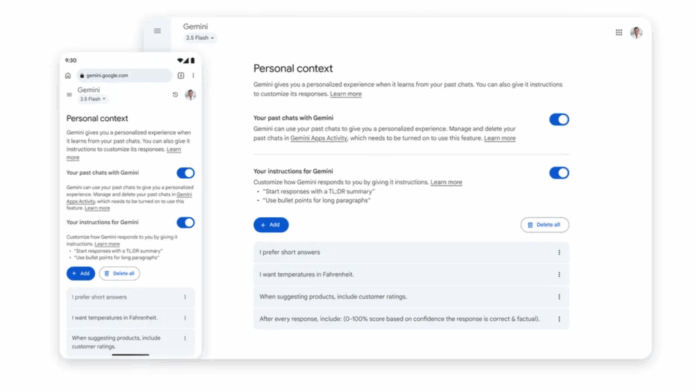



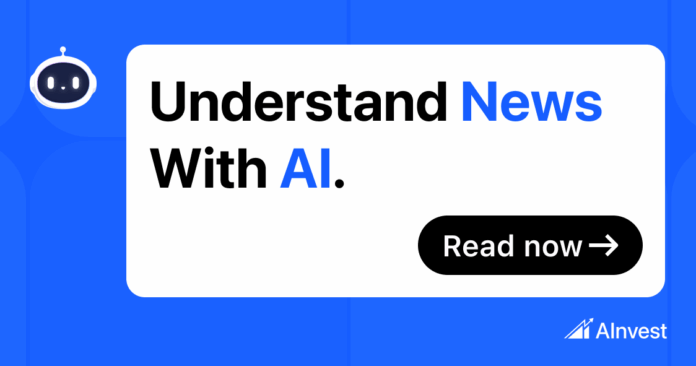
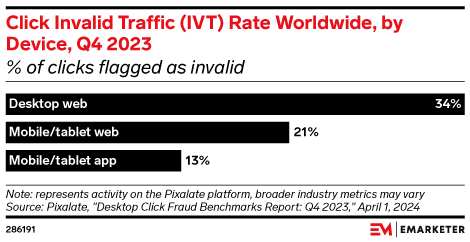

![https3A2F2Fsubstack-post-media.s3.amazonaws.com2Fpublic2Fimages2F785d2d1c-dcf1-4296-8148-12286.jpeg OpenAI’s Waterloo? [with corrections] - Marcus on AI](https://site.server489.com/wp-content/uploads/2025/08/https3A2F2Fsubstack-post-media.s3.amazonaws.com2Fpublic2Fimages2F785d2d1c-dcf1-4296-8148-12286-696x348.jpeg)
